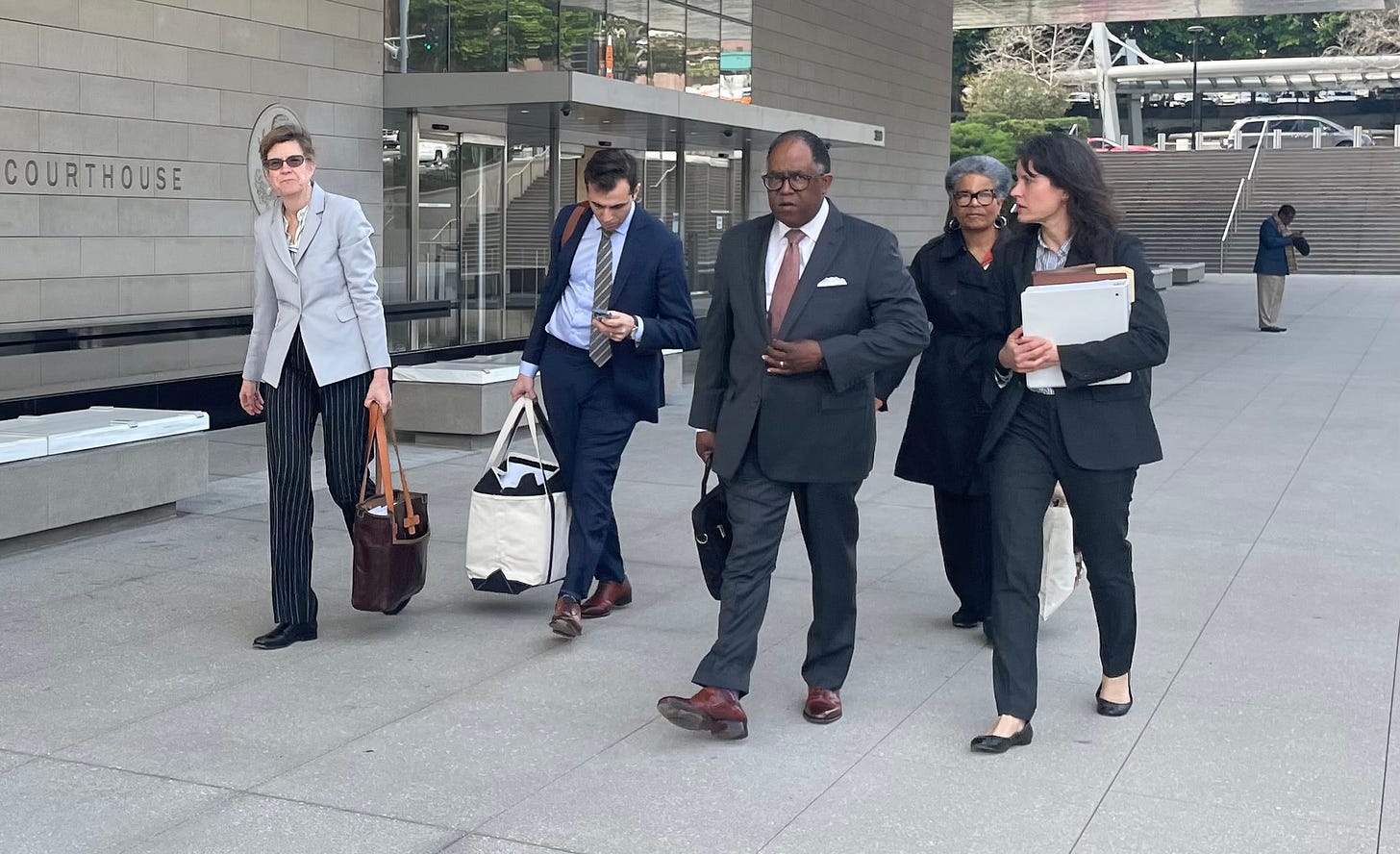Closing: USC's 'VIP' treatment made scholarship for Mark Ridley-Thomas' son 'business as usual'
Prosecution rebuttal continues Friday morning in the federal corruption trial against the suspended Los Angeles city councilman, then jurors will begin deliberating.

Mark Ridley-Thomas’ lead lawyer argued Thursday that the University of Southern California has a century-old “VIP scholarship prog…


